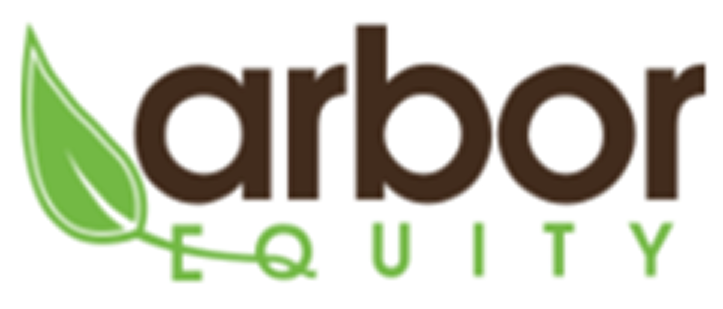Understanding Scale Infestations
Scale diseases can be a significant problem for gardeners and plant enthusiasts. Understanding the basics of scale insects and their behavior is crucial for effective control and management. These tiny pests can cause extensive scale damage to plants, leading to weakened health and increased vulnerability to other stressors.
Get a Free Estimate Today With The Premier Tree Care Experts
Office: 706-817-2094
After Hours: 877-647-6445
2421 Veazey Road
Greensboro, GA 30642
"*" indicates required fields
What are Scale Insects?
Scale bugs are small, sap-sucking insects that belong to the superfamily Coccoidea. They are typically immobile and have a bumpy appearance, which can make them difficult to distinguish from other pests or plant diseases. These sucking insects feed on plant sap, causing damage and weakening the plant. The tiny, shell-like bumps appearance of scale insects often leads to confusion with other pests or plant diseases, but their impact on plant health is unmistakable, especially when compared to other insects .
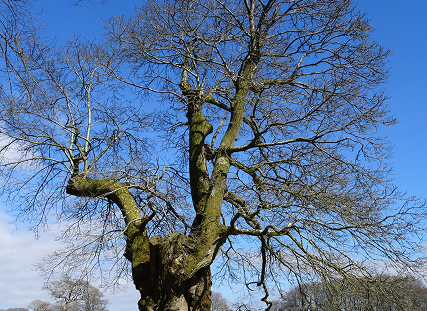
Types of Scale Insects
There are over 8,000 species of scale bugs, which can be broadly classified into two main categories: soft scale and armored scale.
Soft scale insects secrete a soft, waxy substance that covers their bodies, while armored scale insects have a hard, protective shell that is not attached to their body. Both types of scale insects can cause significant damage to other plants, but armored scale insects are generally more difficult to control. Understanding the differences between these two types is essential for effective scale management.
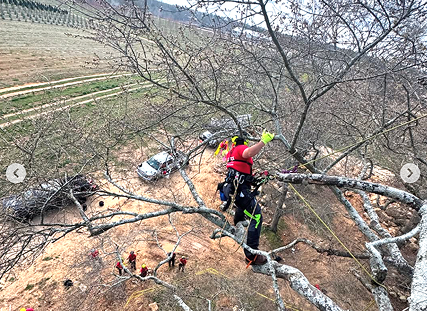
Protecting Trees from a Growing Threat
Scale disease is becoming an increasing problem for trees and shrubs across Georgia—especially here in central and northeast regions like Madison, Greensboro, and surrounding areas. Controlling scale insects is crucial for managing their impact on trees and shrubs, as well as indoor plants as these pests are small but destructive, often going unnoticed until trees show signs of decline.
At Arbor Equity, we’ve helped homeowners and property managers identify and treat all major types of scale diseases. Scale diseases can weaken plants, diminishing their overall health and vitality. Early detection and treatment are essential to prevent significant weakening and to maintain the plant’s well-being.
With over 10 years of experience and a deep understanding of Georgia’s environment, we provide targeted solutions that don’t just treat symptoms, but strengthen trees for the long haul.
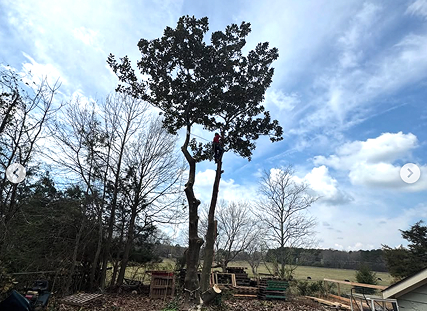
How Arbor Equity Treats Scale Infestations
We don’t believe in one-size-fits-all tree care. Every tree, every property, and every scale infestation is different. That’s why our team offers:
- Targeted Treatments: Our experts use a variety of methods to treat scale diseases, including the application of horticultural oils. These oil-based insecticides are highly effective in smothering various pest stages, even those protected by armor. We carefully select the composition and timing of horticultural oil applications to maximize pest control, ensuring safe and effective treatment.
Isolating infested plants is crucial to prevent the spread of scale bugs to healthy plants.
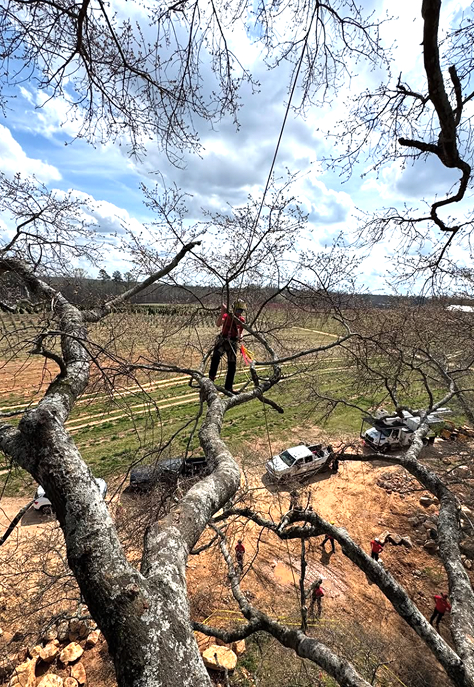
Expert Diagnosis
Our ISA-Certified Arborists properly identify scale insects by inspecting the tree, species, location, and infestation level to determine the right plan of action.
Targeted Treatments with Horticultural Oil
Depending on the severity and species of scale, we may recommend:
- Horticultural oil applications to smother pests
- Neem oil applications, which are effective organic horticultural oils that kill various stages of insects by suffocating them. Neem oil can be mixed with dish detergent for better application and is safe for beneficial insects.
- Systemic insecticide treatments absorbed through the tree
- Seasonal timing strategies to hit vulnerable life stages
- Thoroughly treating the entire host plant to ensure all affected areas are addressed. In cases of severe infestation, it may be necessary to discard the entire plant.
Tree Health Boosting
Scale attacks often signal that a tree is already stressed. To help trees recover and prevent reinfestation, we provide:
- Deep Root Fertilization to strengthen the root system and improve resistance
- Soil Amendments to correct pH, nutrient imbalances, or poor microbial activity
- Air Spading to break up compacted soil, promote oxygen flow, and expose girdling roots
Scale diseases can weaken plants, making early detection and treatment crucial to maintaining the plant’s overall health and vitality.
Biological Control Methods
Biological control methods involve using natural predators or parasites to address scale insect populations. This approach can be an effective and environmentally friendly way to manage scale infestations. By leveraging the natural enemies of scale insects, gardeners can reduce the need for chemical treatments and promote a healthier ecosystem.
Beneficial Insects for Scale Control
Several beneficial insects can be used to control adult scale insects, including:
Parasitic Wasps:
These wasps lay their eggs inside the bodies of most scale insects, where the larvae feed on the insect’s internal organs. This biological control method can significantly reduce scale populations.
Soldier Beetles:
These beetles feed on scale insects and can be used to control infestations on outdoor plants. They are effective natural predators that help keep scale populations in check.
Lady Beetles:
Also known as ladybugs, these beetles are predators of scale insects and can be used to control infestations on both indoor and outdoor plants. They are a popular choice for biological control due to their effectiveness and ease of introduction.
Lacewings:
These insects are predators of scale bugs and can be used to control infestations on outdoor plants. Lacewings are particularly effective during the crawler stage of scale bugs.
By conserving and promoting these enemies, gardeners can reduce the need for organic pesticides and maintain a balanced ecosystem. Encouraging the presence of these beneficial insects in your garden can lead to more sustainable and effective scale control.
Why Georgia Homeowners Trust Arbor Equity for Controlling Scale
- Local Expertise: We know which scale species are active in Georgia—and how they behave across different tree types and seasons. Our team is skilled in controlling scale insects, ensuring your plants remain healthy and vibrant.
- Proven Results: We’ve helped restore thousands of trees in Madison, Greensboro, Covington, and beyond.
- Personal Service: We take the time to walk your property, inspect plants, explain the situation, and offer clear, honest recommendations.
- Award-Winning Care: Recognized by the Georgia Arborist Association, Georgia Tree Council, and local communities for excellence and service.
Early detection and treatment of scale diseases are crucial for maintaining plant health.
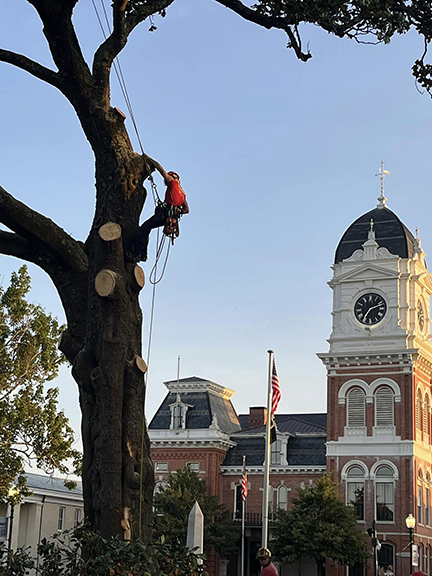
Contact Arbor Equity to Control Scale Insects
Think your tree might have scale or a fungal disease? Don’t wait. Early intervention can mean the difference between a full recovery and long-term damage. It is crucial to properly identify scale bugs and their associated signs to manage scale treatment effectively.
Scale damage can severely impact plant health, causing symptoms like yellowing leaves and stunted growth. Identifying these issues early, especially during the crawler stage, ensures the longevity of both ornamental and edible plants.
Call Arbor Equity today to schedule a consultation. We’ll inspect the tree, confirm the scale species, and lay out a treatment plan that fits your property, your goals, and your budget.
Serving Madison, GA and surrounding areas with trusted, community-rooted tree care since 2011.
Get a Free Estimate Today With The Premier Tree Care Experts
Contact us or fill out our online request form to schedule a consultation. Our experts will assess your needs and provide the best solutions for your property.
"*" indicates required fields
Areas We Serve
Servicing Augusta, Lake Oconee, Madison, Covington, Oxford, Athens, Conyers, Loganville, Eatonton, Macon, Athens, and Greensboro.
